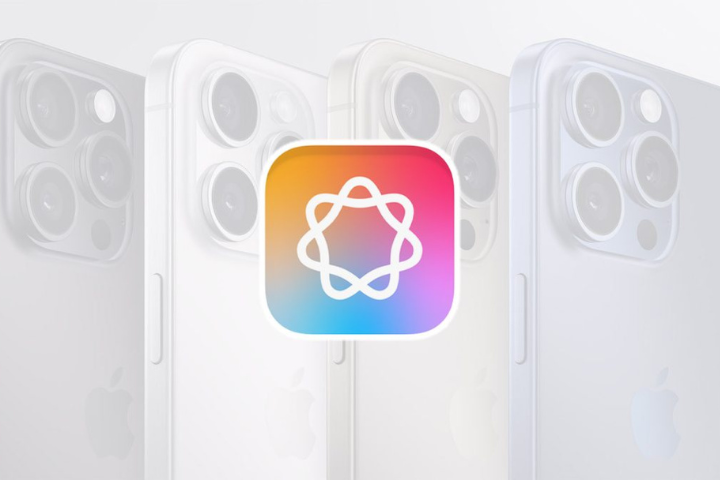Apple made an exciting announcement on Thursday by launching a beta version of its software. This release brought in a range of new features under Apple Intelligence, a highly anticipated addition that includes the innovative integration of ChatGPT.
Despite this exciting advancement, it is crucial to note that the current release is exclusively designed for developers as a preview. This means that the software still requires further refinement before it can be released to the general public.
Apple Intelligence has been undergoing testing for an extended period now, and based on the company’s timeline, the initial set of Apple Intelligence features is anticipated to become available to users in the upcoming weeks in the form of iOS 18.1.
“Use ChatGPT?”
The preview provides a sneak peek at the new generative AI technologies that Apple unveiled earlier this year at its annual developer conference.
These include integration with OpenAI’s ChatGPT, Genmoji, Image Playground, and Visual Intelligence with Camera Control. Users can create photos on their device to share to pals via Messages using Genmoji and Image Playground.
The extensive integration with ChatGPT is arguably the most anticipated feature of Apple Intelligence. You can choose to accept or reject the prompt to “Use ChatGPT?” that appears on your device when you ask Siri a complicated inquiry.
If you agree, the generative AI service will interpret your inquiry and present the answer on your device in a native manner. All users will have free access, but those that purchase ChatGPT can link their accounts to Apple goods to receive further advantages.
Additionally, ChatGPT will fuel a new function called Visual Intelligence, which will allow the phone’s camera to recognize text or objects and even translate signs in real time. It will also be integrated into writing and image-generation features.
Apple has successfully convinced investors that it’s competitive in the race for Artificial Intelligence
At first glance, Apple’s in-house AI technologies embedded into its operating systems, known as Apple Intelligence, may appear unimpressive. But the company’s ability to roll out features across a wide range of devices gives it an advantage over rivals.
The software was limited to two iPhone models, a few iPads, and Macs using Apple’s proprietary silicon when the company first revealed its AI features in June. All iPads, including the recently released iPad mini, Macs, and the company’s most recent iPhone 16 models now feature Apple Intelligence.
Soon, Apple is anticipated to reveal new M4-Macs that will enable Apple Intelligence. These processors should further accelerate AI tasks.
Apple outperforms competitors like Google and Samsung because of the new Apple Intelligence technology integrated into the most recent iterations of iOS, iPadOS, and macOS. Even while those businesses may have been ahead of the curve in introducing new AI features, Apple’s hardware, software, and services are more flawlessly linked.
As of right now, Wall Street has rewarded Apple, the most valuable tech company in the world, for successfully persuading investors that it is competitive in the fight for artificial intelligence.
Apple hasn’t demonstrated that it can become truly proficient in AI, though, and some analysts believe the tech behemoth is currently two years behind its rivals.
When Apple introduces the initial collection of Apple Intelligence features, such as editing text to sound nicer or more professional or recording meetings and phone conversations and then using Apple Intelligence to transcribe and summarize the content, that will be the true test.
Apple will test if consumers are as interested in AI features as the industry has predicted when the first wave of Apple Intelligence is released next week.
Apple Intelligence may not directly result in higher sales of the company’s most profitable product, the iPhone, which brings in billions of dollars annually, according to experts. Sales of the new iPhone 16 models have been hampered by Apple’s delayed introduction of Apple Intelligence features, which some blame the company for.
After industry supply chain expert Ming-Chi Kuo revealed that the business had reduced orders for the iPhone 16 by roughly 10 million units for the fourth quarter of this year and the first half of 2025, Apple shares plummeted roughly 2% on Wednesday. According to Kuo, Apple partners will now make 80 million iPhones in the fourth quarter, compared to about 84 million the previous year.





GIPHY App Key not set. Please check settings